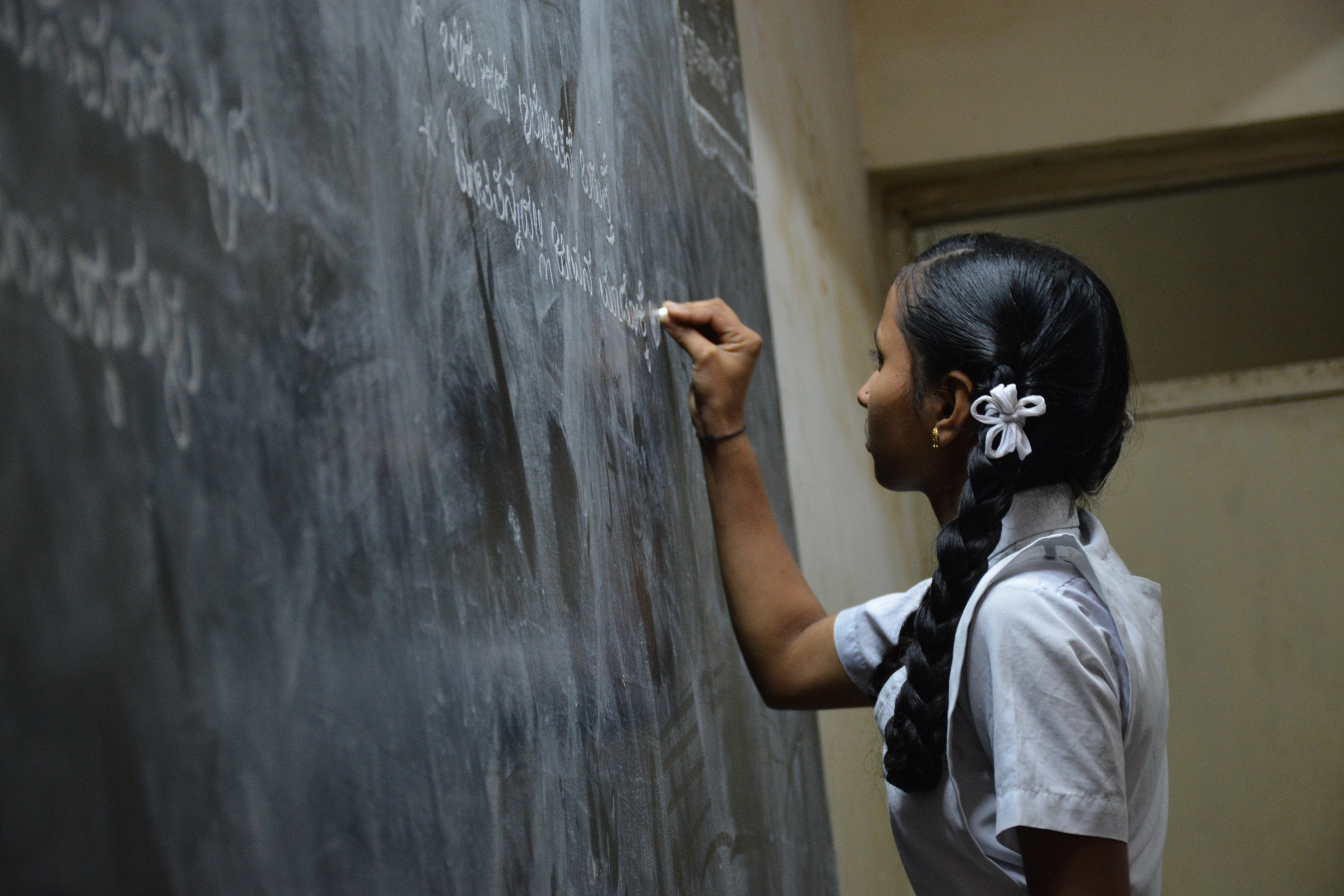Persistent symptoms reported in children and adolescents after anti-NMDA receptor encephalitis
July 3, 2018

A recent article in Neurology Now, a publication of the American Association of Neurology for laypeople, notes many children and adolescents are continuing to experience cognitive problems, fatigue and behavioral problems even after recovery from anti-NMDA receptor AE. They observed these issues are affecting academic performance and quality of life in a Dutch study of 28 children, authored by Maarten Titulauer, MD and other physicians, in which the median age was 14. A specific battery of tests was used to examine attention, memory, language, executive functioning, qualify of life and fatigue. Only 64% of the children returned to school at their previous level. Specific problems were noted with word-finding, attention, concentration, anxiety, impulsiveness, dyslexia and indecisiveness. They stated the standards should be raised in not only aiming for fuller recovery, but better rehabilitation options.
The study has been praised by experts in the US, including Sean Pittock, MD of the Mayo Clinic, who stated, “What is novel here is the identification of these subtle cognitive issues and fatigue that warrants further investigation, especially because we’re dealing with a younger age group of patients. They do get better, but we may have underestimated the burden on them.”
Another expert, Benjamin Greenberg, MD of University of Texas Southwest said, “We need to be much more comprehensive in our outcome measures for a condition like this, and design clinical trials that take into account cognitive domains, not just the functional aspects of people’s ability to move or be independent. Both clinicians and researchers need to consider neuropsychiatric evaluations on all patients affected by this condition, regardless of how well they appear to be doing. We may find some struggling although they appear to be doing well.”
Luca Bartolini, an expert in neuroinflammation who is currently an epilepsy fellow and investigator at the National Institute of Neurological Disorders and Stroke said a comprehensive approach is needed that involves the patient’s family, school and others. A link to the article can be found here.